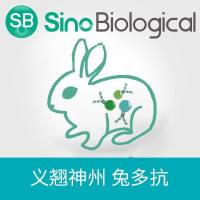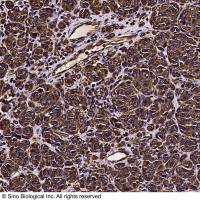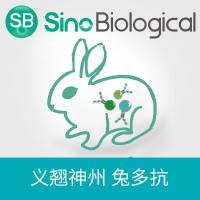Posttranslational modifications (PTM) of proteins are among the key biological regulators of function, activity, localization, and interaction. The fact that no more than 30,000–50,000 proteins are encoded by the human genome underlines the importance of posttranslational modifications in modulating the activities and functions of proteins in health and disease. With approximately 50% of all proteins now considered to be glycosylated, its physiological importance in mammalian systems is imperative. Aberrant glycosylation has now been recognized as an attribute of many mammalian diseases, including hereditary disorders, immune deficiencies, neurodegenerative diseases, cardiovascular conditions, and cancer. As many potential disease biomarkers may be glycoproteins present in only minute quantities in tissue extracts and physiological fluids, glycoprotein isolation and enrichment may be critical in a search for such biomarkers. For decades, efforts have been focused on the development of glycoprotein enrichment from complex biological samples. Logically, the great majority of these enrichment methodologies rely on the use of immobilized lectins, which permit selective enrichment of the pools of glycoproteins for proteomic/glycomic studies. In this chapter, lectin affinity chromatography in different formats are described, including tubes; packed columns, and microfluidic channels.






